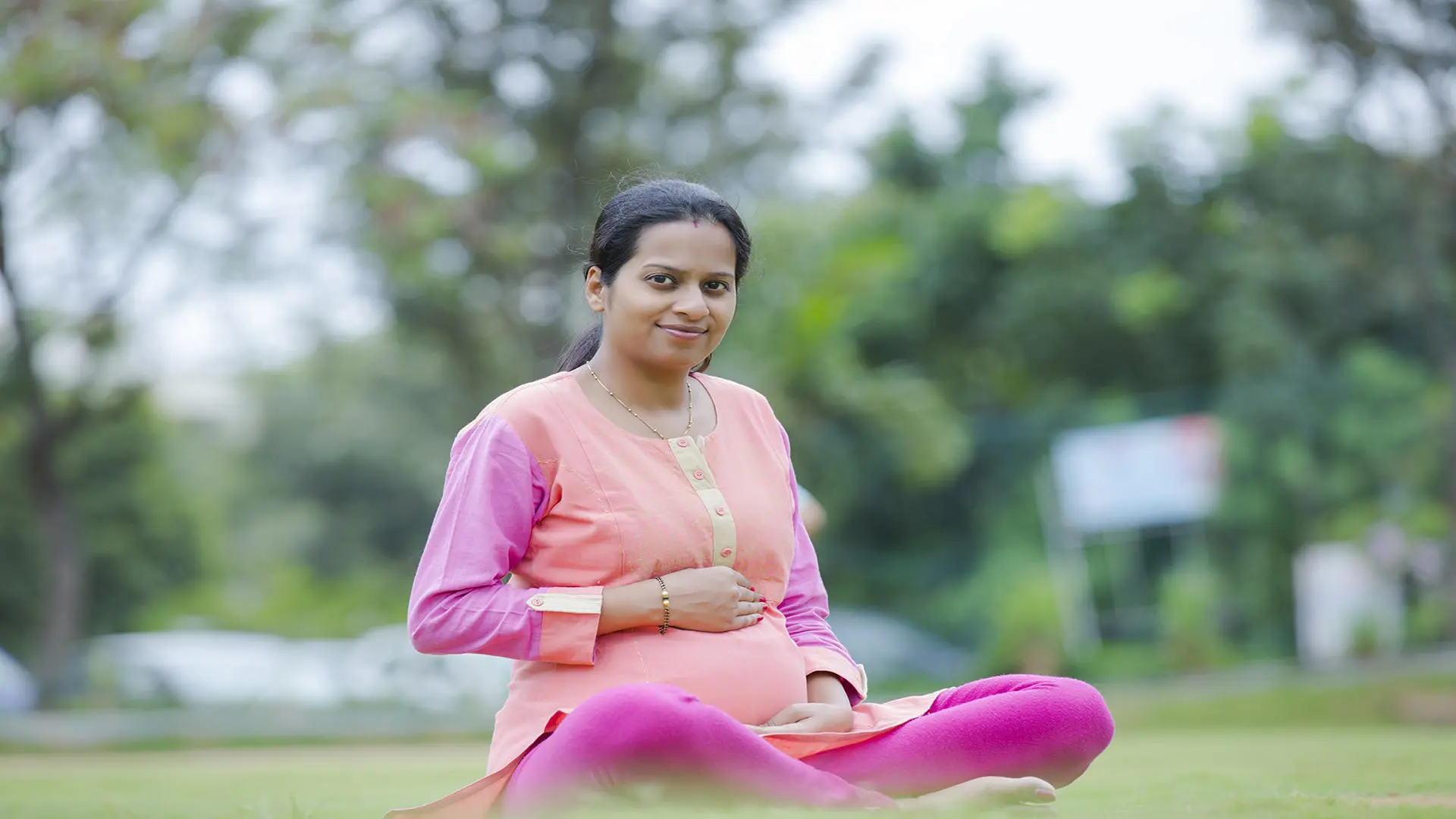With colleagues at UCLan and in India, Soo Downe, Professor of Midwifery, led a project that involved working with non-governmental organisations (NGO) staff and volunteers in the India-based Bangalore Birth Network (BBN) and the Society for Peoples Action and Development (SPAD) as well as the not-for-profit Fernandez Foundation, as a basis for future collaborations designed to improve maternal and neonatal survival in India.
The project was based on research that shows that women’s groups in rural areas of low-income countries who practice participatory learning and action have a direct effect on improving maternal and newborn survival. It highlighted potential solutions to improve the standard of maternal care, and led to the design of a programme for community action based on community women's groups, to further improve the quality of care going forward.
The main research activity consisted of four discussion groups held in peri-urban slum areas of Bangalore, two with women’s groups, and two with India’s Accredited Social Health Activists (ASHA) community workers. The aims of the discussions were to better understand views on women's groups, local concerns relating to maternity care, potential self-identified solutions, the possibility of a maternity care app as a means of engaging with women in the community and of alerting local maternity services about individual maternity care needs, and views on the design of the interview schedule, so that it could be adapted for future work.
The results of the discussions were varied. Unlike rural women in previous studies, the peri-urban women interviewed were not fully convinced by the benefits of women’s groups. They felt supported by their local ASHAs and had good access to reasonable facilities. However, they did not always get the extra support services that they knew should be available, and they reported that hospital staff did not seem to offer information or advice on these schemes proactively. They supported the use of a mobile phone app to increase their knowledge about their maternity entitlements and how to use them.
ASHAs were more convinced about the value of women’s groups, highlighting that they had good information on their populations through local maps. ASHAs reported that introducing an app would be beneficial, allowing more tailoring of their work and felt that storing survey information and public health information in an app could greatly enhance their tracking and health education work. Some respondents echoed the findings of a previous QR-GFRU project run by the same team, on wearable technologies in maternity care, and noted that the app could be used to collect data on, for example, blood pressure, which in turn would reduce the workload of the ASHAs. Both women’s groups and ASHAs were happy with the discussion schedule and felt that it is a good basis for future work. BBN and SPAD are taking the information gathered forward into their activist work.
The findings were then discussed further at a follow up meeting in India with the NGO partners, the University of Hyderabad, and the not-for-profit Fernandez Foundation, in order to co-design a programme of community action to improve maternity care quality, with the following results:
- Two bids submitted to, and funding for $79,000 one obtained from, the Bill and Melinda Gates Foundation to undertake a study on the decisions of India lawyers and judges about the appropriate use of caesarean section
- Discussions on the University of Central Lancashire input to a new expanded midwifery training programme with the Fernandez Foundation
- Implementing low cost VR education packages, developed by a University of Central Lancashire PhD student, Steph Hayes, into the Fernandez midwifery training programme, with the support of the University of Hyderabad.
- A draft community engagement bid
A further benefit of the research was growing the skills and expertise in the NGO collaborators who undertook the interviews. Enhancing women’s capacity in research and community engagement is critical due to the marginalisation of and discrimination against women in many sectors of Indian society. The majority of the NGO collaborators are female, as are the volunteers and supporters who collected the data for the project, and this undoubtedly helped the success of the project, given the focus of both NGOs on maternal health.

